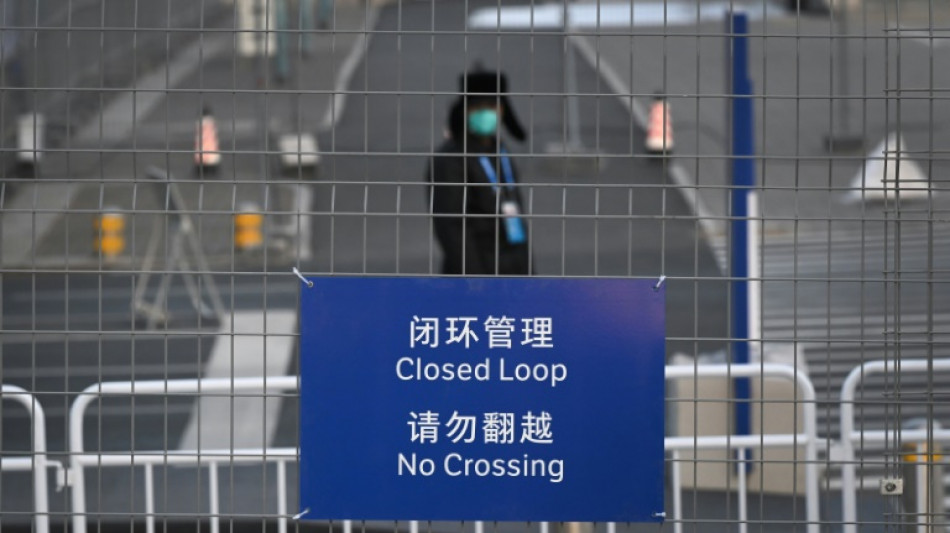
-
 Sunderland rout hapless Burnley
Sunderland rout hapless Burnley
-
Costa Rican president-elect looks to Bukele for help against crime
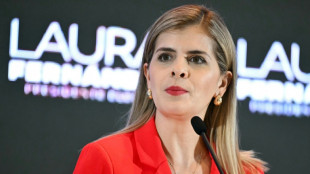
-
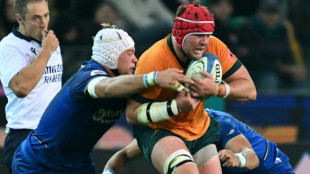 Hosts Australia to open Rugby World Cup against Hong Kong
Hosts Australia to open Rugby World Cup against Hong Kong
-
New York records 13 cold-related deaths since late January

-
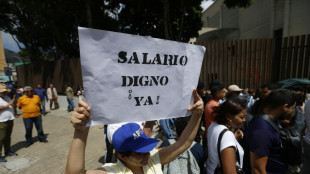 In post-Maduro Venezuela, pro- and anti-government workers march for better pay
In post-Maduro Venezuela, pro- and anti-government workers march for better pay
-
Romero slams 'disgraceful' Spurs squad depth
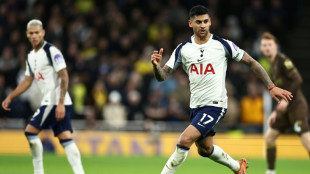
-
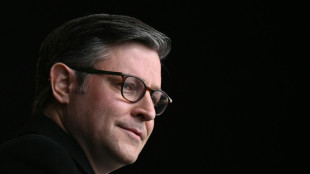 Trump urges 'no changes' to bill to end shutdown
Trump urges 'no changes' to bill to end shutdown
-
Trump says India, US strike trade deal
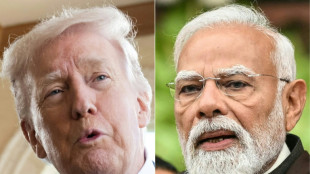
-
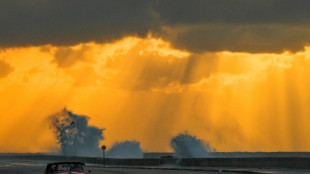 Cuban tourism in crisis; visitors repelled by fuel, power shortages
Cuban tourism in crisis; visitors repelled by fuel, power shortages
-
Liverpool set for Jacquet deal, Palace sign Strand Larsen on deadline day
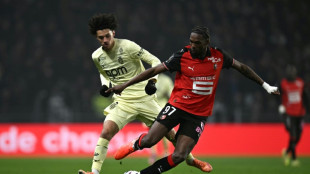
-
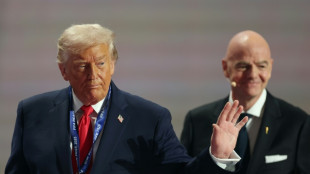 FIFA president Infantino defends giving peace prize to Trump
FIFA president Infantino defends giving peace prize to Trump
-
Trump cuts India tariffs, says Modi will stop buying Russian oil
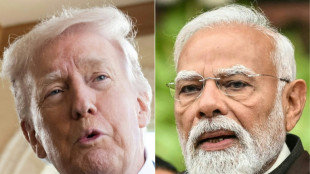
-
 Borthwick backs Itoje to get 'big roar' off the bench against Wales
Borthwick backs Itoje to get 'big roar' off the bench against Wales
-
Twenty-one friends from Belgian village win €123mn jackpot
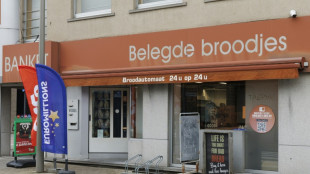
-
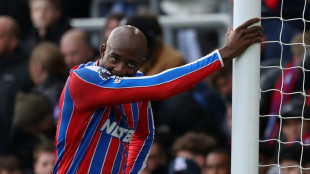 Mateta move to Milan scuppered by medical concerns: source
Mateta move to Milan scuppered by medical concerns: source
-
Late-January US snowstorm wasn't historically exceptional: NOAA
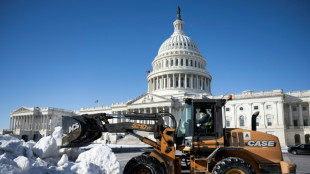
-
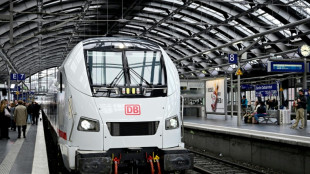 Punctuality at Germany's crisis-hit railway slumps
Punctuality at Germany's crisis-hit railway slumps
-
Gazans begin crossing to Egypt for treatment after partial Rafah reopening
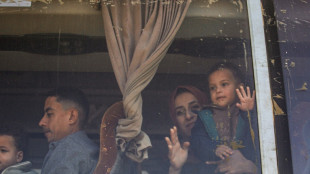
-
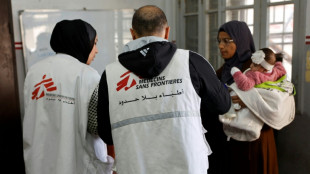 Halt to MSF work will be 'catastrophic' for people of Gaza: MSF chief
Halt to MSF work will be 'catastrophic' for people of Gaza: MSF chief
-
Italian biathlete Passler suspended after pre-Olympics doping test
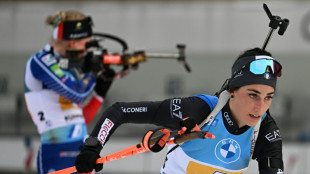
-
 Europe observatory hails plan to abandon light-polluting Chile project
Europe observatory hails plan to abandon light-polluting Chile project
-
Iran president orders talks with US as Trump hopeful of deal
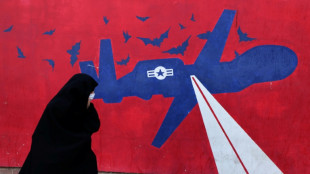
-
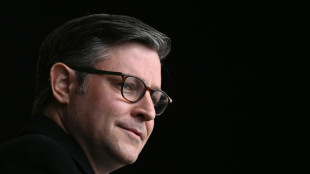 Uncertainty grows over when US budget showdown will end
Uncertainty grows over when US budget showdown will end
-
Oil slides, gold loses lustre as Iran threat recedes
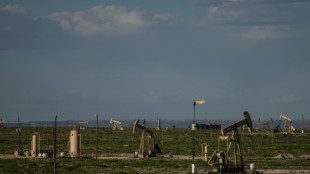
-
 Russian captain found guilty in fatal North Sea crash
Russian captain found guilty in fatal North Sea crash
-
Disney earnings boosted by theme parks, as CEO handover nears
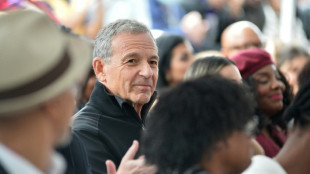
-
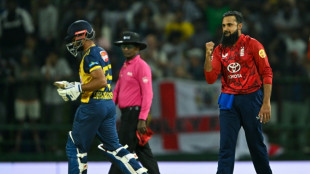 Sri Lanka drop Test captain De Silva from T20 World Cup squad
Sri Lanka drop Test captain De Silva from T20 World Cup squad
-
France demands 1.7 bn euros in payroll taxes from Uber: media report
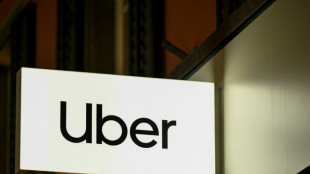
-
 EU will struggle to secure key raw materials supply, warns report
EU will struggle to secure key raw materials supply, warns report
-
France poised to adopt 2026 budget after months of tense talks
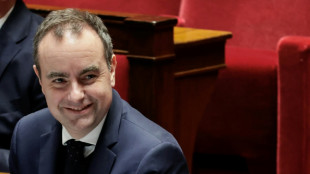
-
 Latest Epstein file dump rocks UK royals, politics
Latest Epstein file dump rocks UK royals, politics
-
Arteta seeks Arsenal reinforcement for injured Merino
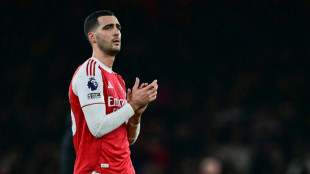
-
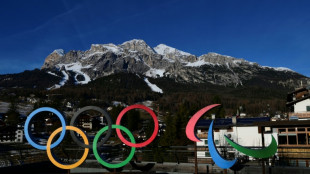 Russia uses sport to 'whitewash' its aggression, says Ukraine minister
Russia uses sport to 'whitewash' its aggression, says Ukraine minister
-
Chile officially backs Bachelet candidacy for UN top job

-
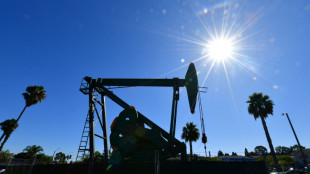 European stocks rise as oil tumbles, while tech worries weigh on New York
European stocks rise as oil tumbles, while tech worries weigh on New York
-
England captain Itoje on bench for Six Nations opener against Wales

-
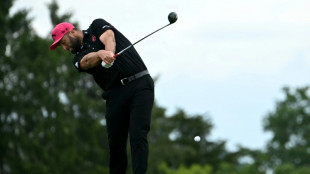 Rahm says golfers should be 'free' to play where they want after LIV defections
Rahm says golfers should be 'free' to play where they want after LIV defections
-
More baby milk recalls in France after new toxin rules
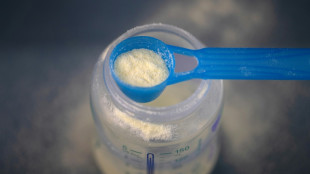
-
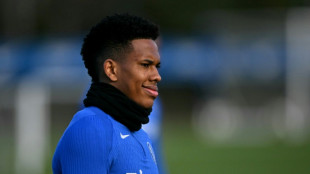 Rosenior will not rush Estevao return from Brazil
Rosenior will not rush Estevao return from Brazil
-
Mercedes ready to win F1 world title, says Russell
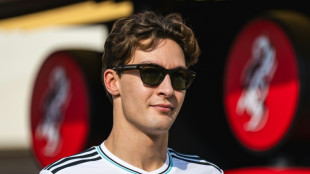
-
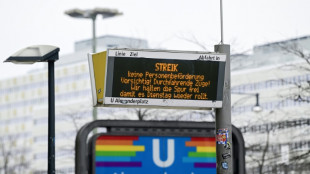 Germany hit by nationwide public transport strike
Germany hit by nationwide public transport strike
-
Barca coach Flick 'not happy' with Raphinha thigh strain

-
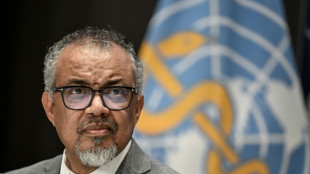 WHO chief says turmoil creates chance for reset
WHO chief says turmoil creates chance for reset
-
European stocks rise as gold, oil prices tumble
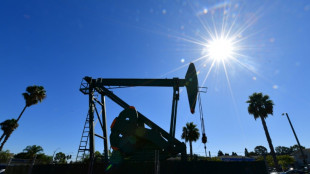
-
 Rink issues resolved, NHL stars chase Olympic gold at Milan
Rink issues resolved, NHL stars chase Olympic gold at Milan
-
S. Korea celebrates breakthrough K-pop Grammy win for 'Golden'
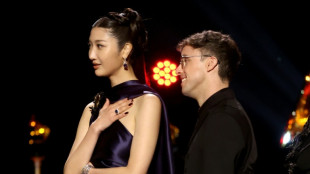
-
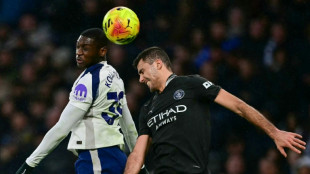 Rodri rages that officials 'don't want' Man City to win
Rodri rages that officials 'don't want' Man City to win
-
Gaza's Rafah crossing makes limited reopening after two-year war
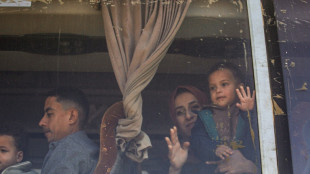
-
 African players in Europe: Ouattara dents Villa title hopes
African players in Europe: Ouattara dents Villa title hopes
-
Liverpool beat Chelsea to Rennes defender Jacquet - reports
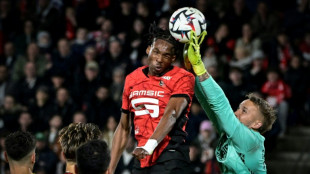

Sealed off: Inside the 'closed loop' at the Beijing Winter Olympics
The Beijing Olympics are taking place in a strict "closed loop" with 60,000 competitors, journalists and the Chinese workforce looking after them cut off from local people and tested for Covid-19 every day.
Media and workers have to stay in approved hotels within the "loop" -- the organisers' alternative name for a coronavirus bubble, designed to protect participants from the virus and the Chinese population from the foreign mini-invasion.
Wire fences seal off the area containing the Olympic venues and media centre in Beijing from the rest of the capital and the only way in is by shuttle bus or approved taxi.
Security guards bar the way of anyone who tries to walk out of the hotel grounds.
Bags are scanned as guests leave their hotels. Before boarding the bus, they must walk over to two cabins where staff in full protective gear awkwardly carry out mouth swabs from behind a plexiglass screen.
Once they pass into the Olympic area, the striking "Bird's Nest" stadium in the distance is a poignant reminder of the more carefree 2008 Summer Olympics, when a fresh-faced Usain Bolt was roared to victory by a capacity crowd.
Those scenes belong to a different, pre-pandemic era. This time, the general public will be barred from sports venues because of Covid-19 precautions, although some invited guests will be allowed to watch.
- Cocooned -
Local organisers are reluctant to say exactly how many people are inside the "closed loop", but the IOC says the number of daily Covid tests is a reliable reflection -- on Saturday, 61,060 were carried out.
The Games don't officially begin until Friday but there are already virus cases in the bubble -- organisers said Sunday that 11 people, three of them athletes or other team personnel, tested positive in the most recently available results.
There is no getting out. Everyone, from cooks to bus drivers to volunteers, must sleep and eat inside the bubble.
"We work eight hours a day in the transport service and then when I go back to my accommodation I try to catch up with my studies," a 24-year-old university student working as a volunteer at the cavernous Main Media Centre told AFP. He didn't want to give his name.
All the Chinese workers will have to quarantine for up to three weeks when the Olympic circus moves on.
The cocoon encompasses all the Games venues, stretching to the Yanqing alpine skiing area and to Zhangjiakou outside Beijing, where the snowboarding and cross-country skiing events will be held.
China, where the virus emerged toward the end of 2019, has pursued a zero-tolerance strategy towards Covid-19 but the system has come under pressure with a series of outbreaks in recent weeks.
Beijing recorded its highest number of new cases for a year and a half on Sunday, with 20 in the capital.
Olympic organisers are confident that their measures will stop these Games adding to the rising infection numbers.
A similar system was in operation for last year's pandemic-delayed Tokyo Summer Olympics, but the measures in Beijing are more stringent.
"We believe the closed-loop system will be effective in stopping transmission from spreading inside to outside or vice versa because we've seen it work," said Dr Brian McCloskey, chair of the International Olympic Committee's Medical Expert Panel.
"We've seen it work not just in Tokyo, we've seen it work in sporting events around the world, although I would say that no sporting event has had such a comprehensive closed-loop system as the Olympic Games."
Anyone entering the bubble must be fully vaccinated or face a 21-day quarantine when they arrive in China, and everyone inside must wear face masks at all times, apart from the athletes when they actually compete.
C.Meier--BTB




